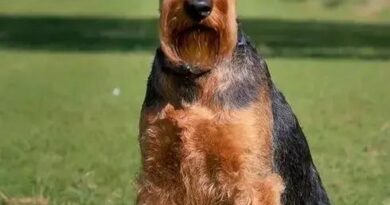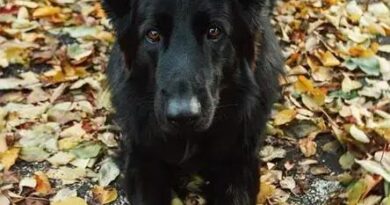What is junior dog training
What is Junior Dog Training?
Junior dog training refers to the specialized training programs designed for young dogs, typically between the ages of 8 weeks to 6 months. This crucial period in a dog’s life is when they are most receptive to learning and socialization. Junior dog training focuses on basic obedience commands, social skills, and establishing a strong bond between the dog and its owner. By engaging in this type of training, owners can set the foundation for a well-behaved and balanced adult dog.
The Importance of Early Training
Early training is vital for dogs as it helps them develop good habits and behaviors from a young age. Junior dog training emphasizes the importance of socialization, exposing puppies to various environments, people, and other animals. This exposure helps prevent behavioral issues such as fearfulness or aggression later in life. By starting training early, owners can ensure their dogs grow up to be confident and well-adjusted companions.
Basic Commands in Junior Dog Training
One of the primary focuses of junior dog training is teaching basic commands such as “sit,” “stay,” “come,” and “down.” These commands are essential for effective communication between the dog and its owner. Training sessions should be kept short and fun, using positive reinforcement techniques like treats and praise. This approach not only makes learning enjoyable for the puppy but also strengthens the bond between the dog and its handler.
Socialization Techniques
Socialization is a key component of junior dog training. It involves introducing puppies to different people, environments, and other dogs in a controlled manner. This exposure helps puppies learn how to interact appropriately with others and reduces the likelihood of developing fear-based behaviors. Puppy classes, playdates, and supervised outings are excellent ways to enhance socialization during this critical developmental stage.
Positive Reinforcement in Training
Positive reinforcement is a cornerstone of effective junior dog training. This method involves rewarding desired behaviors with treats, praise, or playtime, encouraging the puppy to repeat those behaviors. Positive reinforcement not only makes training more enjoyable for the dog but also fosters a trusting relationship between the puppy and its owner. This approach contrasts with punishment-based training methods, which can lead to fear and anxiety in dogs.
Common Challenges in Junior Dog Training
While junior dog training can be a rewarding experience, it is not without its challenges. Puppies may exhibit behaviors such as chewing, jumping, or barking excessively. Understanding these behaviors as part of normal puppy development is essential. Owners should remain patient and consistent in their training efforts, addressing unwanted behaviors through redirection and positive reinforcement rather than punishment.
Choosing the Right Training Program
Selecting the right junior dog training program is crucial for success. Owners should look for classes that emphasize positive reinforcement and socialization. Many local pet stores, veterinary clinics, and dog training facilities offer puppy classes tailored to young dogs. Researching trainers’ credentials and reading reviews can help owners find a program that aligns with their training philosophy and goals.
Duration and Frequency of Training Sessions
The duration and frequency of training sessions play a significant role in the effectiveness of junior dog training. Short, frequent sessions of 5 to 10 minutes are ideal for maintaining a puppy’s attention and enthusiasm. Owners should aim for multiple training sessions throughout the day, incorporating training into daily routines. This approach helps reinforce learning and keeps training fun and engaging for the puppy.
Continuing Education Beyond Junior Training
Junior dog training is just the beginning of a dog’s education. As dogs mature, they can benefit from advanced training classes that focus on more complex commands and behaviors. Continuing education helps reinforce the skills learned during junior training and introduces new challenges that keep dogs mentally stimulated. Engaging in ongoing training also strengthens the bond between the dog and its owner, ensuring a lifelong partnership built on trust and communication.



